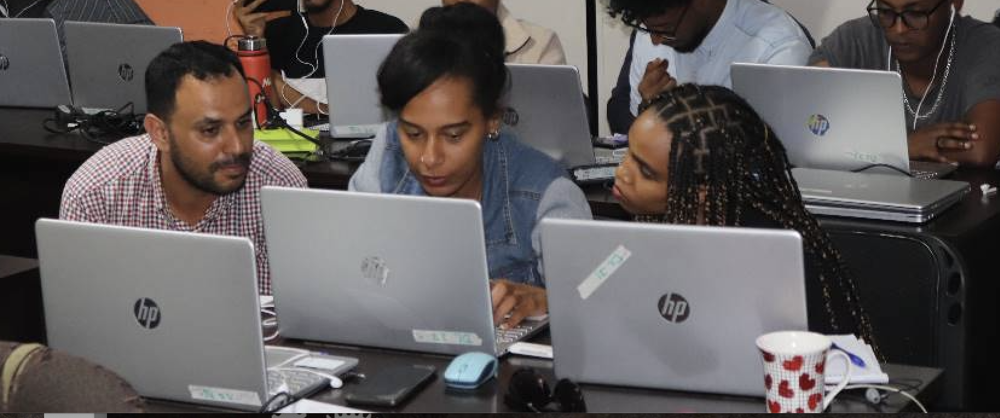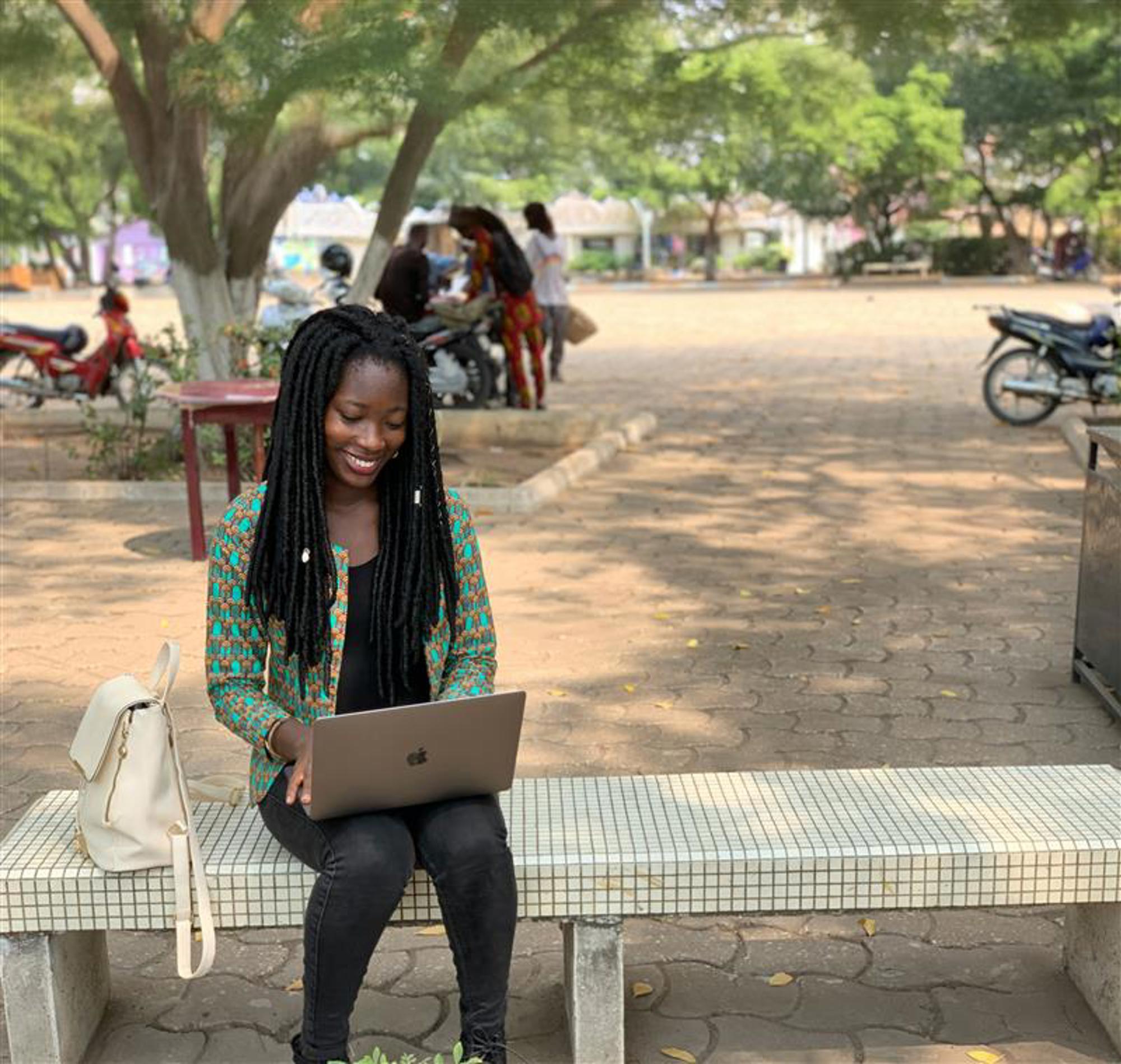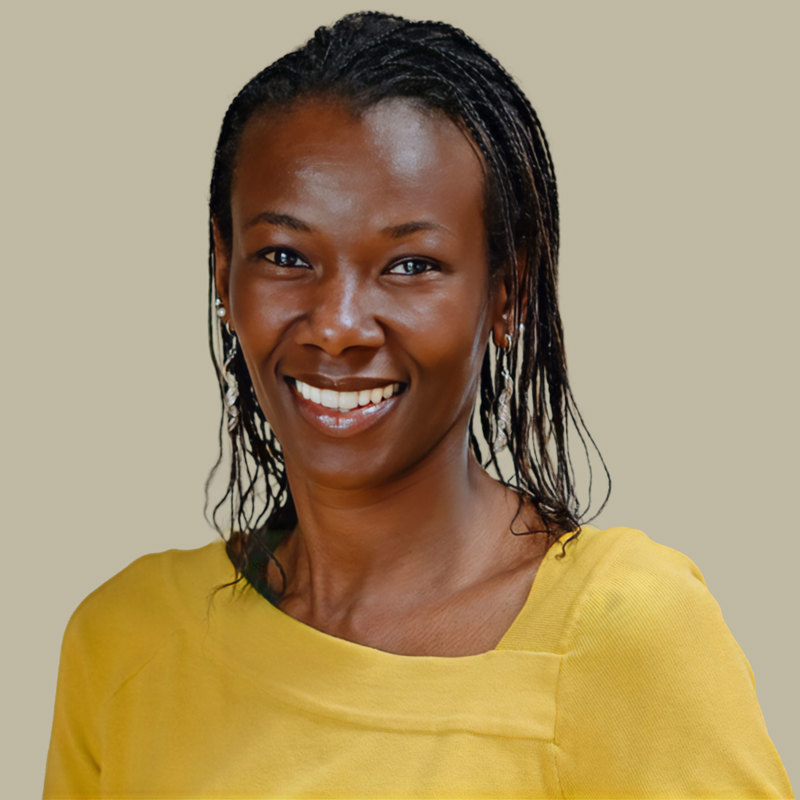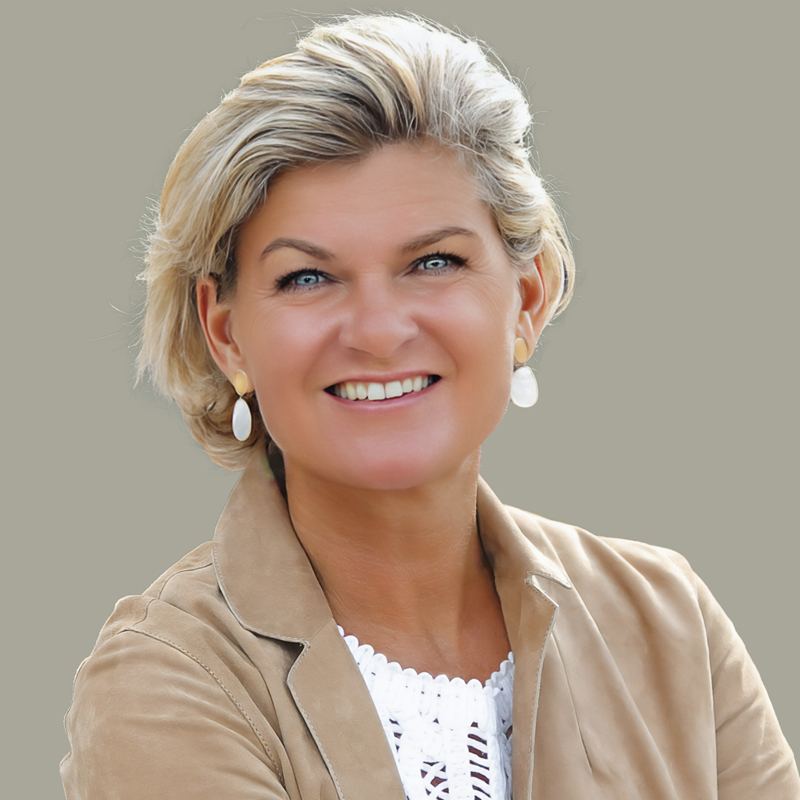 Lorraine Charles is a social entrepreneur and a researcher. She is the founder and executive director of Na'amal, which links forcibly displaced people with remote work opportunities. Lorraine is also a research associate for the Centre for Business Research, University of Cambridge, a consultant at the International Labour Organisation (ILO), and a member of the International Rescue Committee (IRC) Technical Advisory Committee for ReBuild, their East Africa livelihood programme.
Lorraine Charles is a social entrepreneur and a researcher. She is the founder and executive director of Na'amal, which links forcibly displaced people with remote work opportunities. Lorraine is also a research associate for the Centre for Business Research, University of Cambridge, a consultant at the International Labour Organisation (ILO), and a member of the International Rescue Committee (IRC) Technical Advisory Committee for ReBuild, their East Africa livelihood programme.
We are experiencing an unprecedented global displacement with the number of forcibly displaced people surpassing 120 million. This is more than a humanitarian crisis—it is a call for bold, systemic and innovative solutions that go beyond aid. What if we stopped seeing refugees only as recipients of support—and started recognising them as builders of the digital economy?
At Na’amal, we are proving that this is not only possible, but scalable. Working across East Africa and the Middle East, Na’amal equips displaced individuals with the digital and soft skills needed to access remote work opportunities, fostering long-term economic inclusion. Our approach is rooted in a simple but powerful idea: talent is everywhere, but opportunity is not.
The digital economy—borderless and rapidly growing—offers refugees a unique opportunity to circumvent the structural barriers that exclude them from traditional labour markets. Refugees often face legal restrictions, lack of documentation, discrimination, and limited access to education and infrastructure. But with the right support, they can be full participants in the future of work.
At Na’amal, we take a holistic approach. In addition to digital upskilling, we deliver soft skills training, provide mentorship, and support learners with work readiness preparation. Through our new employment arm, Na’amal Agency, we connect trained alumni to remote and freelance work from global clients—ranging from start-ups to NGOs.
Since 2024, we have facilitated 22 projects and connected 50 refugee professionals with well-paid remote work, with more in the pipeline. On average, they earn US$800 per project, with hourly rates ranging from $15 to $40. In addition to supporting individuals to access sustainable work, we are also supporting the development of the system, based on the belief that scale is only possible with a strong ecosystem.
But we cannot do this alone. If we are to scale this impact and reach more communities, we need the active involvement of donors and socially responsible businesses.
This is a direct call to donors: we need your investment to build systems, not just run short-term programmes. Let’s create something that lasts.
"We need your investment to build systems, not just run short-term programmes. Let’s create something that lasts."
Funding for refugee livelihoods is too often fragmented, short-term, or overly focused on basic skills. But digital work requires more than just basic training—it needs infrastructure, mentorship, employer engagement, and long-term follow-up.
Most significantly, it requires advanced and intensive digital upskilling that integrates the use of AI. Donor support can unlock these enablers, helping organisations like Na’amal to expand into new geographies, strengthen the local ecosystem, and build strategic partnerships.
Philanthropy can also play a critical role in bridging infrastructure gaps. Many refugees lack access to electricity, reliable internet, or devices—basic prerequisites for digital employment.
Donors can co-invest in connectivity, communal workspaces, and hardware distribution. These are not “nice to haves”—they are foundational. Without them, even the best-designed training programmes will fail to convert learning into income.

Remote working is a great leveller unlocking new opportunities and giving businesses access to fresh talent. Photo: Supplied
To corporates and CSR leaders: the business case for supporting refugee inclusion has never been clearer. In today’s talent-scarce environment, companies need skilled, motivated, and diverse teams. Refugees represent a resilient, often-overlooked talent pool with untapped potential. Through remote hiring and project-based contracting, businesses can fill critical talent gaps while creating tangible social impact.
Partnering with Na’amal means more than ticking a CSR box—it’s about building something real. It means co-creating solutions.
For example, one European university recently contracted the Na’amal Agency to outsource design tasks to refugee freelancers. The results were outstanding—on-time delivery, high-quality outputs, and meaningful income for displaced professionals. We are now building models to replicate and expand such partnerships.
There is also an opportunity for businesses to embed refugee inclusion into their core operations—contracting the Na’amal Agency, hiring Na’amal alumni directly, offering paid internships, or mentoring displaced professionals.
Companies with innovation labs, accelerator programmes, or distributed teams are especially well-placed to lead. With the rise of impact sourcing and inclusive supply chains, refugee talent can—and should—be part of your workforce planning.
We also call on CSR leaders to become champions of inclusive policy within their industries. That means advocating for regulatory frameworks that make it easier to employ displaced talent, recognising the challenges, and actively removing barriers to participation. Your voice matters—not just within your company, but in the broader business ecosystem.
Both donors and businesses have a role to play in shifting the narrative around refugees—from vulnerability to potential. Supporting organisations like Na’amal is not charity—it is an investment in the future of work, in social cohesion, and in sustainable development. It is a partnership, built on innovation, trust, and long-term vision.
The refugee crisis is one of the defining issues of our time. But it also presents one of the greatest opportunities to build a more inclusive, equitable digital economy.
The moment to act is now. For donors seeking to make catalytic investments and CSR leaders looking to align purpose with performance, this is the opportunity.
Refugees have the talent. The digital economy has the demand. What’s missing is the bridge. Na’amal—and organisations like it—are building that bridge.
For more about Na'amal's work, read the 2024 Impact Report here.




